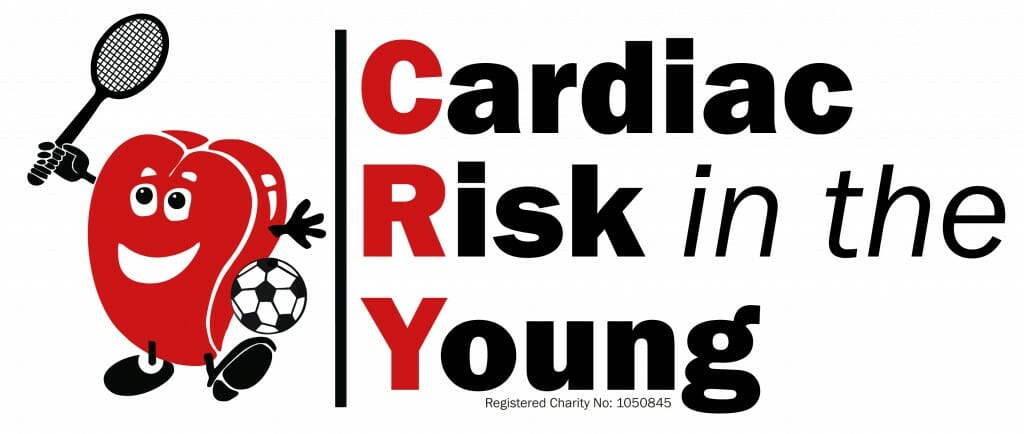
My journey with congenital heart disease began on 19th March 2018 when I was 18 years old.
I was at work and had just gone on my lunch break when I had a sudden cardiac arrest. The people around me called for an ambulance and one of the men was then guided through CPR and without any training performed it perfectly. After 6 minutes a first responder arrived and I was defibrillated once before being taken to hospital.
I spent 24 hours in a medically induced coma and initially I was extremely forgetful, which my parents were told was completely normal and wore off within few days. The next stage was working out what was wrong and I had what felt like hundreds of tests. All of the blood tests and regular stomach injections really helped me to get over my fear of needles!
After about a week, I was diagnosed with ALCAPA, which stands for Anomalous Left Coronary Artery arising from the Pulmonary Artery. This means that the left side of my heart was almost completely dependent on the right side to supply it with oxygenated blood. It affects 1 in 300,000 people and has a 90% fatality rate if it isn’t corrected within the first year of life. I am so thankful to have made it to 18 with minimal damage to my heart. There was also a concern that I had Long QT Syndrome, but it is now believed that the longer QT interval was caused by the resuscitation and the fact that my electrolyte levels were severely low, which to this day no one knows why. Due to the uncertainty, I had an ICD fitted as a precaution.
On the day of my open heart surgery I was terrified, but I knew that I was in the best hands possible. The surgery was predicted to take 4-6 hours and it ended up taking 8 because of some complications.
The recovery was a very long process and I had to take over three months off of work. I was in hospital for a week after the surgery and I had to have help to do really basic things, like getting out of bed. The general anaesthetic meant that I was incredibly queasy for a few days, to the point where I was on 3 anti-nausea medications and I couldn’t eat. It also gave me migraines and my consultant considered sending me for a brain scan, but they luckily didn’t need to.
The tough thing was going from being very physically active to struggling to walk for more than about five minutes at a time. I had to go for daily walks where day by day I would try to make it to the next lamppost down the street. I eventually joined a cardiac rehab class, which was harder mentally than physically as I was the youngest there by at least 40 years, but the nurses and personal trainer were lovely and did all they could to make me feel comfortable which made it easier.
Over the course of this past year I have had to get used to all the permanent changes to my body. I was firstly very aware of the physical feeling of my ICD and, later, the anxieties that come along with the fear of being shocked. Despite this, I am so glad that I have it as it has the potential to save my life. As well as the ICD, due to the surgery, lines and blood tests, I have also been left with more scars on my body than I can count. Most of the time I am really comfortable with them and they are a permanent reminder of how lucky I am and how I need to live life to the fullest. As I read – scars are just tattoos with better stories!
Now, a year on, I have been told that my heart has fully healed, I take very little medication and I am already down to yearly appointments, which is amazing. I have had a huge amount of support from my family, friends, colleagues and the wonderful staff at St Thomas’ which has made going through everything so much easier.
